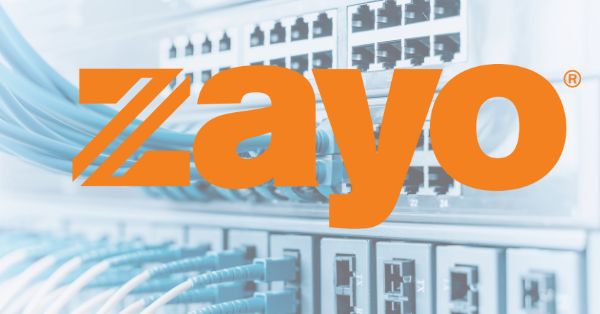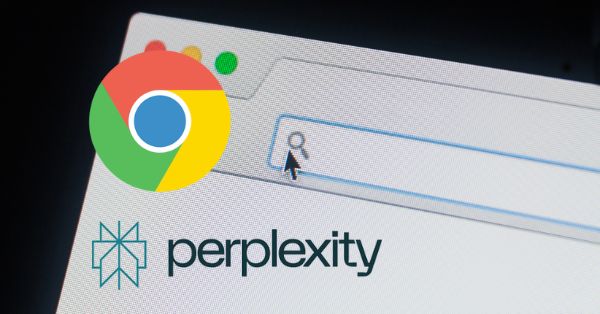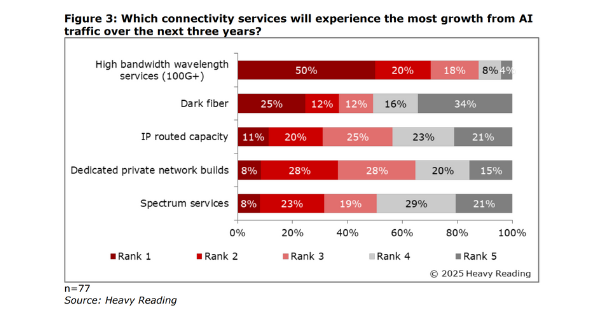Bharti Airtel, India’s leading communications provider and Apollo Hospitals, Asia’s most dependable integrated healthcare group proudly proclaim that they have successfully conducted a 5G-driven Artificial Intelligence (AI) aided Colonoscopy trial in India.
By leveraging the ultra-low latency and superior processing power of Airtel’s 5G technology with AI, this trial was able to detect colon cancer more rapidly and precisely. HealthNet Global, AWS, and Avesha also collaborated to make this trial successful.
Improving healthcare with AI-Guided Colonoscopy and Airtel’s 5G
The colonoscopy procedure is currently our primary method of detecting and diagnosing colon cancer. Unfortunately, this process can be quite lengthy and taxing – both for the patient as well as the medical team performing it. On average, a single procedure takes anywhere from 30 to 40 minutes which causes discomfort for all involved.
With AI-guided colonoscopy, the images and processing are conducted quickly and accurately in real time. This means that even when physicians guide the scope through the colon to overlay on top of relevant areas, it will happen without any delays. The 5G technology powering this procedure gives doctors a virtual assistant, providing a much more accurate diagnosis while raising healthcare standards across India.
Airtel declared that their data was quickly processed by Avesha edge inferencing applications on the AWS platform, ensuring near-instantaneous analysis of endpoints.
Ajay Chitkara, CEO and Director of Airtel Business, said, “Ultra-fast, low latency 5G networks will transform the Healthcare sector in the country. At Airtel, we are geared up to lead this transformation and have demonstrated this by conducting India’s first colonoscopy trials. Healthcare is one of the most promising use cases for 5G, and we are delighted to collaborate with Apollo Hospitals, AWS, HealthNet Global, and Avesha.”
Dr Sangitta Reddy, Joint Managing Director, Apollo Hospitals Group commented, “By augmenting doctor’s ability to detect, AI has been proved to improve physician’s accuracy. Early detection and removal of polyps can easily avoid them becoming cancerous. Apollo has always been a fore runner in adoption of technology. Our patient centric approach keeps us on an outlook for technologies which can make outcomes better.”
Vaishali Kasture, Head – Enterprise, Mid-Market & Global Businesses, India & South Asia – AWS India (Amazon Web Services India P Ltd) said “5G and edge technologies offer high speed and real-time data analysis that can help transform the delivery of healthcare. AI inference provides better insight and information to healthcare professionals to predict, diagnose, and treat patients more effectively. We are delighted to collaborate with Airtel and Apollo hospitals to bring AI-powered solutions with an aim to improve patient experience and healthcare service quality.”
Colonoscopy procedures for early detection and prevention of cancers are being advised for all men and women above 45 years of age. In India, where the target population is large in terms of numbers, solutions built on 5G and AI are key to assisting doctors to bring quality care to the maximum population.































